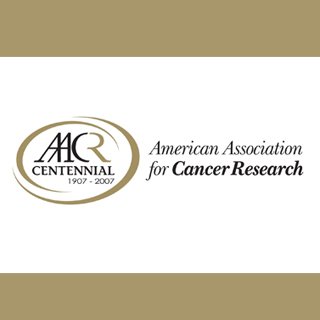
The study included around 15 patients who were examined. Apparently they were retreated with gefitinib following over one cycle of chemotherapy for advanced or metastatic non-small cell lung cancer.
“The key may be in tumor heterogeneity. That is, within a tumor, some cells are independent of epidermal growth factor receptor and those will fail to respond, but we can continue to target the other cells that have become addicted to epidermal growth factor receptor,†commented, In-Jae Oh, M.D., Ph.D., assistant professor in Chonnam National University Hwasun Hospital in the Republic of Korea.
It was observed that among the 6 patients who had apparently displayed incomplete reaction with initial gefitinib treatment, approximately 2 patients were said to have exhibited a further partial response and around 3 patients supposedly carried on showing stable disease.
It was noted that amid 9 patients who showed signs of stable disease with the preliminary gefitinib treatment, around 2 patients apparently exhibited partial response and 3 patients displayed stable disease. The by and large disease control rate was claimed to be approximately 66.7 percent.
Oh mentioned that after failure with gefitinib and subsequent chemotherapy, they can try gefitinib again especially for the patients who had previously responded to gefitinib. This strategy will keep some patients from the toxicities of chemotherapy and help maintain the quality of life for several months.
The study was presented at the AACR-IASLC Joint Conference on Molecular Origins in Lung Cancer.
